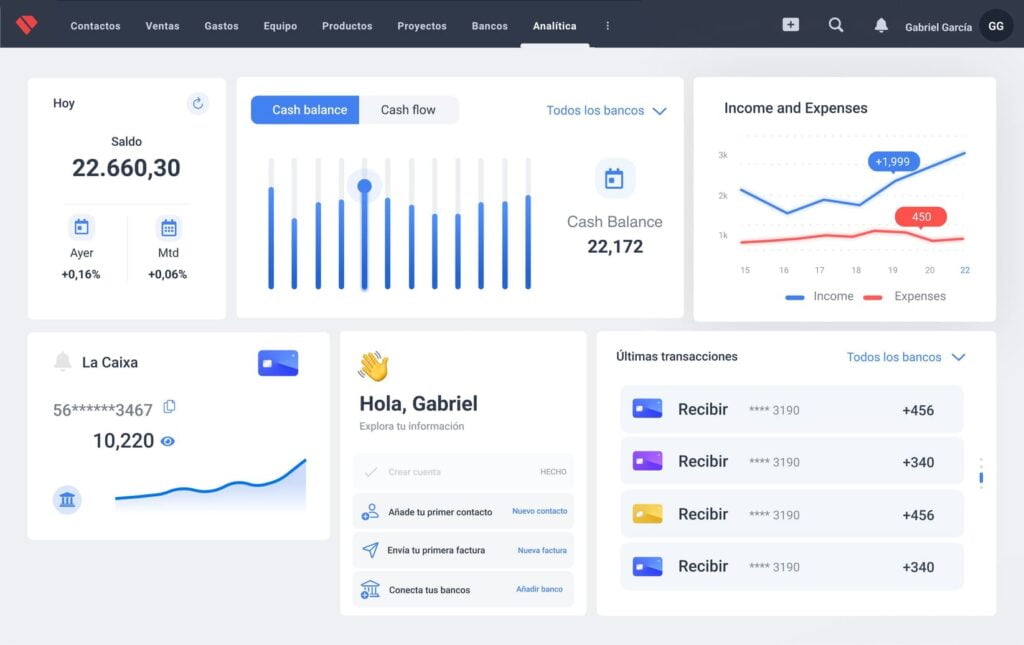Holded vs Other Management Software: Complete Comparison for Businesses
Choosing the right management software can transform the way a business handles its daily operations. Holded has gained popularity in recent years, but it’s not the only option available on the market. How does Holded compare to other management software like Zoho Books, Odoo, and Sage? In this article, we’ll dive into the features, pros, and cons of each platform to help you determine which one is best for your business. What is Holded? Holded is a business management software designed primarily for small and medium-sized businesses (SMBs). This all-in-one tool allows you to manage finances, inventory, invoicing, projects, CRM, and HR from a single platform. It’s known for its ease of use, modern interface, and ability to integrate with various external applications like PayPal, Amazon, Shopify, and more. Pros of Holded Cons of Holded Holded vs Other Management Software Holded vs Zoho Books What is Zoho Books? Zoho Books is part of the Zoho ecosystem, a suite of business applications designed to manage different aspects of a business. Zoho Books is primarily focused on accounting and financial management, offering advanced tools that allow businesses to keep detailed control of their finances. Pros of Zoho Books Cons of Zoho Books Comparison Holded vs Zoho Books Holded vs Odoo What is Odoo? Odoo is a modular ERP (Enterprise Resource Planning) software that allows businesses to customize their management environment to their specific needs. It is known for its ability to adapt to different industries thanks to its wide range of modules including accounting, CRM, sales, inventory, and human resources. Pros of Odoo Cons of Odoo Comparison Holded vs Odoo Holded vs Sage What is Sage? Sage is a business management software focused on accounting and financial management. It is one of the oldest solutions on the market, widely used by freelancers and companies that require robust and reliable financial management. Pros of Sage Cons of Sage Comparison Holded vs Sage Conclusion: Which is the best management software? The best choice of management software will depend on the specific needs of your company. If you are looking for a complete, modern and easy-to-implement solution, Holded is an excellent option, especially for SMEs and startups. However, if your company requires advanced customization or specific accounting features, Odoo and Sage could offer a better alternative, although at a higher cost and complexity. Meanwhile, Zoho Books is ideal for those who prioritize advanced financial management. At 2404|Group, we are official partners of Holded and we have extensive experience in the implementation and management of this software for SMEs and freelancers. As an expert management company in Holded, we offer you a comprehensive service that includes personalized system configuration, ongoing advice and specialized support to optimize all its features to the maximum. Our mission is to help you get the most out of Holded, simplifying the management of your business and allowing you to focus on what really matters: growing your company.






